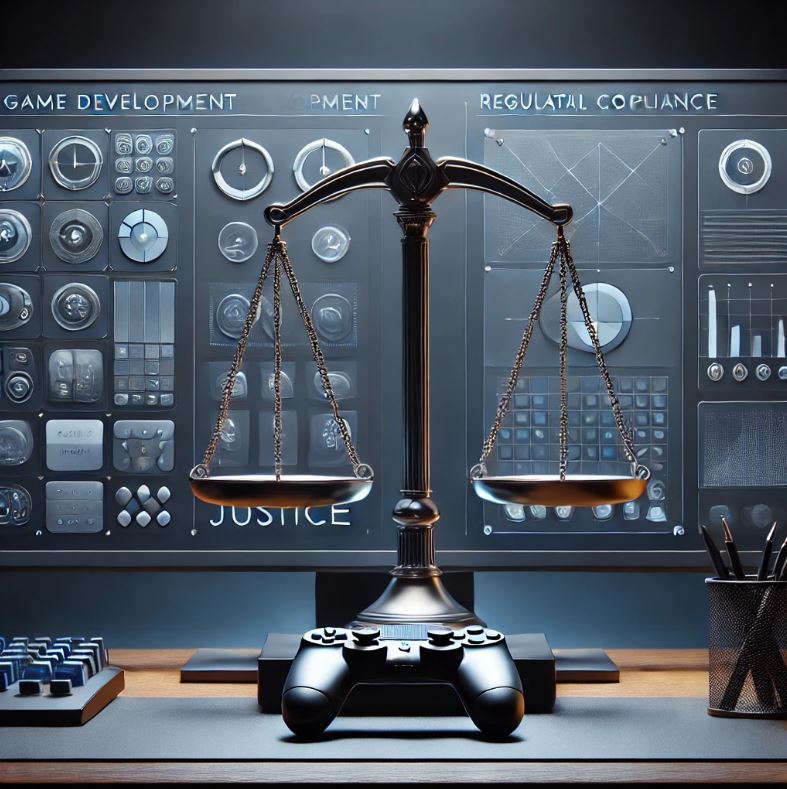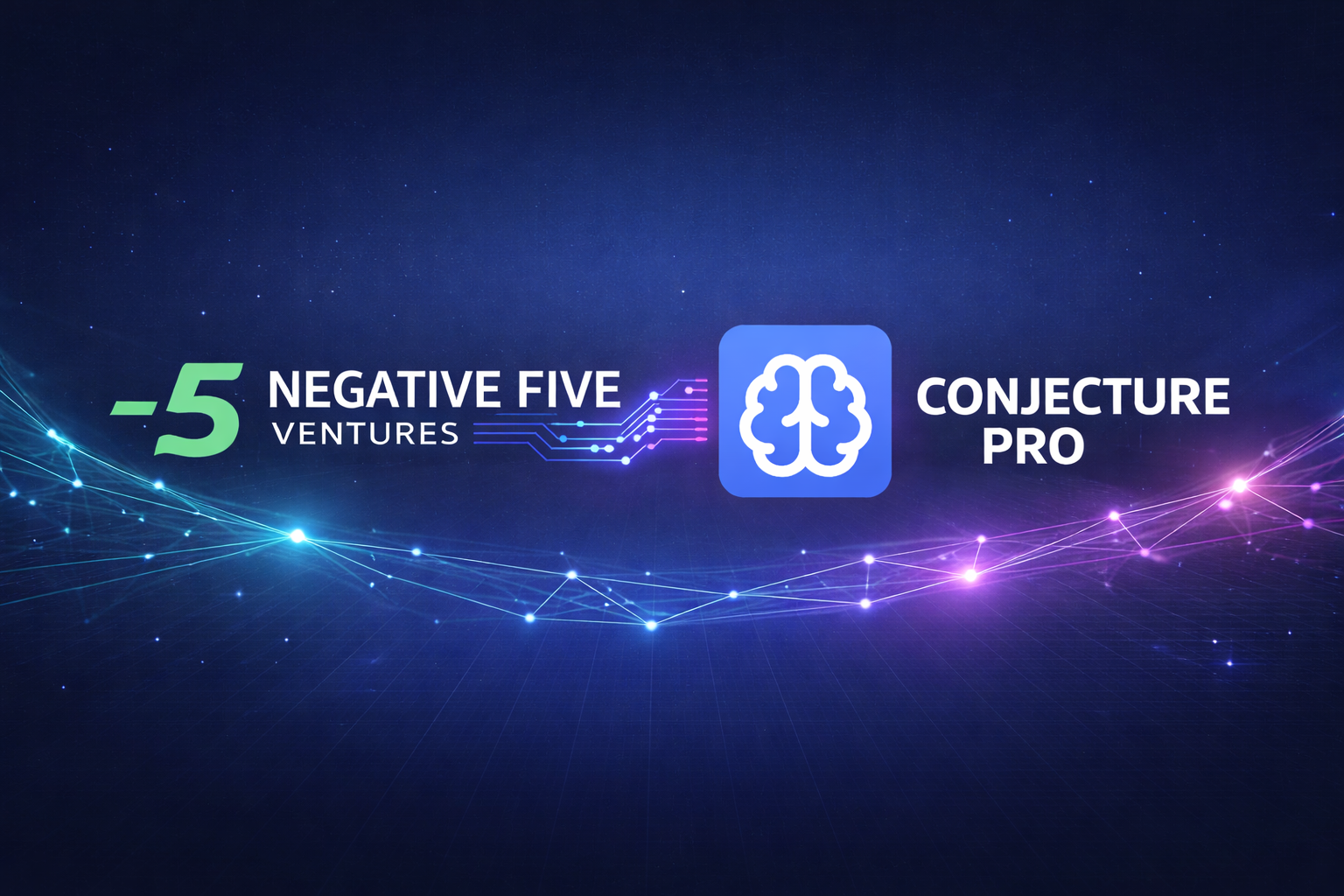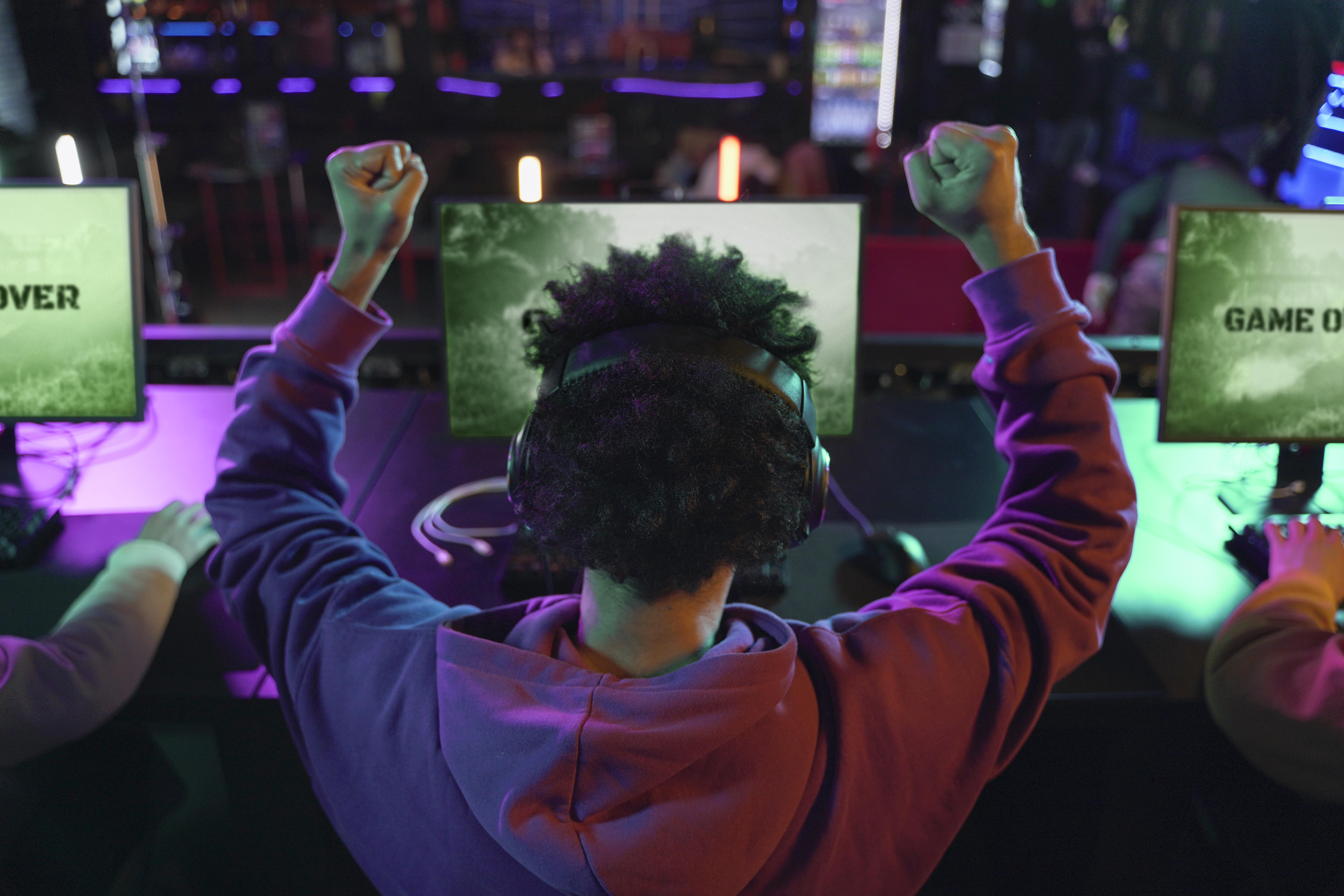
Tackling Regulatory and Compliance Challenges
The video game industry has grown into a major form of entertainment. These days, it is making more money and having more influence than traditional media. This fast growth has brought many regulatory challenges that game developers need to follow to stay legal and succeed in the market. This article discusses important rules in game development, such as competition issues, ownership of ideas, the effects of artificial intelligence (AI), the legal aspects of new technologies like cloud gaming, rules about in-game purchases like loot boxes, data privacy laws, consumer rights, and age ratings.
Antitrust Concerns in the Gaming Industry
The merger-strengthening unification trend in the gaming industry has raised many important antitrust considerations. Many big companies in the gaming industry are buying smaller ones, which raises concerns about competition and innovation. For example, Microsoft’s plan to buy Activision Blizzard in January 2022 caught the attention of regulators in the U.S., EU, and UK because they worried it could limit competition. Regulatory bodies fear that these mergers might create monopolies, reducing choices for consumers and harming market competition. The global video game market was worth $173.70 billion in 2021. Experts expect it to grow to $314.40 billion by 2027. This shows how important it is to keep competition alive for new ideas and fair prices.
Intellectual Property Rights and Copyright Issues
Protecting intellectual property (IP) is very important in making video games. This includes things like copyrights, trademarks, and patents. Video games are creative works that mix different art forms and have different levels of copyright protection based on laws in different countries. However, these laws often have trouble keeping up with new technology, which creates confusion. For example, the classification of video games under existing copyright regimes can be unclear, which affects how well they are protected and enforced. Developers need to understand these issues to protect their work properly.
Artificial Intelligence and Game Development
Using AI in game development creates new problems related to ownership. When AI creates content, such as characters, stories, and even whole games, it can be unclear who owns the rights to that content. For example, if an AI model is trained on existing games to create new things, figuring out who owns the new IP can be difficult. The regulatory system is still catching up with these situations, so game developers need to be careful about possible ownership issues with AI-made content.
Legal Implications of Cloud Gaming
Cloud gaming lets people play games online without needing special equipment, but it brings up new legal issues. The mix of cloud technology and gaming means we need to look at our laws again. Key concerns include keeping data safe, following licensing rules, and deciding which laws apply since cloud services can work in different countries with different regulations. Developers and service providers must follow various laws to reduce the legal risks of sharing games online.
Regulatory Concerns of In-Game Monetization: Loot Boxes
Many games use ways to make money, like loot boxes. Regulators are examining these methods because they are similar to gambling. Loot boxes let players buy random virtual items and are found in many games, even those for kids. This has started a worldwide discussion about whether loot boxes are a form of gambling and how they should be controlled. Some jurisdictions have made or suggested rules to deal with these issues. So, it’s important for game developers to keep up with these changes to follow the law.

Data Protection and Privacy Laws
As more user data is collected in games, following data protection and privacy laws is very important. Rules and regulations like the General Data Protection Regulation (GDPR) in the European Union set strict guidelines on how companies can gather, use, and keep personal data. Not following these rules can lead to big fines and harm a company’s reputation. Developers need to have strong data protection practices and be open about how they use data to gain the trust of users and regulators.
Consumer Protection and Age Ratings
Making sure games are rated correctly for their content is important to protect customers, especially kids. Groups like the Entertainment Software Rating Board (ESRB) in the U.S. give ratings and guidelines to help buyers understand what the games are like. Following these ratings is not just a legal requirement; it also builds trust and credibility with customers.
Strategies for Navigating Regulatory Challenges
To effectively manage regulatory and compliance issues, game developers should follow the following tips:
- Stay Informed: Keep up with new laws and rules in all areas where the game will be sold.
- Get Legal Help: Talk to lawyers who know about intellectual property, competition laws, data protection, and online content to help with tricky legal matters.
- Create Strong Compliance Programs: Set up and keep updated programs that cover data protection, fair competition, consumer rights, and age ratings.
- Be Transparent: Clearly explain how the game makes money, how data is used, and what the content ratings mean to build trust and avoid legal problems.
- Keep Up with Technology: Stay updated on new technologies and their legal effects to deal with possible compliance issues early on.

Conclusion
As the video game industry continues to grow, developers need to pay attention to addressing regulatory and compliance issues. By knowing the laws of industry practices and new technologies, and by taking steps to follow these rules, developers can handle the complicated regulations, keep their ideas safe, and help create a fair gaming market.
Q&A Section
What are the primary regulatory concerns in the gaming industry?
The gaming industry has to deal with rules about fairness, ownership of ideas, the effects of artificial intelligence, legal issues with cloud gaming, ways to make money from games like loot boxes, protecting personal information, consumer rights, and age ratings.
Why are antitrust concerns significant in the gaming industry?
Antitrust problems come up when companies merge or buy each other. It can lower competition and limit new ideas. For example, when Microsoft wanted to buy Activision Blizzard, it worried regulators in the U.S., EU, and UK about possible monopolies and less choice for consumers.
How do intellectual property laws impact game development?
Intellectual property laws keep safe the creative parts of games, like copyrights, trademarks, and patents. But these laws often don’t keep up with new technology, which can make it unclear how to protect and enforce the rights of game developers.
What challenges does artificial intelligence introduce to game development?
AI-created content, like characters or stories, makes ownership rights confusing. Figuring out who owns the ideas behind content made by AI, especially when it uses existing works, is still unclear in the law.
What legal issues are associated with cloud gaming?
Cloud gaming has issues with data safety, licenses, and legal areas. Because cloud services work in many countries, developers need to follow different international rules to stay out of legal trouble.
Why are loot boxes a regulatory concern, and how are they being addressed?
Loot boxes are a topic of debate because they are like gambling. Players can buy random virtual items, which raises questions about whether they are a form of gambling and how they should be controlled, especially in games for kids.
How do data protection and privacy laws affect game development?
Rules like GDPR set clear rules for how companies can collect, keep, and use personal information. Not following these rules can result in big fines and harm a company’s reputation. So, strong data protection is very important.
Why are consumer protection and age ratings important?
Correct age ratings make sure that games are suitable for the right audiences, especially kids. Following rules from groups like the ESRB helps keep people safe and builds trust in the gaming industry.
What strategies can developers use to navigate regulatory challenges?
Developers should:
- Keep up with new rules.
- Get help from lawyers who know about intellectual property and rules.
- Create strong compliance programs.
- Be open about how they use data, make money, and rate content.
- Stay updated on new technology to understand how it might affect rules.
How can transparency help developers mitigate legal risks?
Talking openly about money-making plans, how data is used, and content ratings helps build trust with players and regulators. This can help developers avoid confusion and legal problems.
References:
linklaters.com, yellowbrick.co, lewissilkin.com, strebecklaw.com


